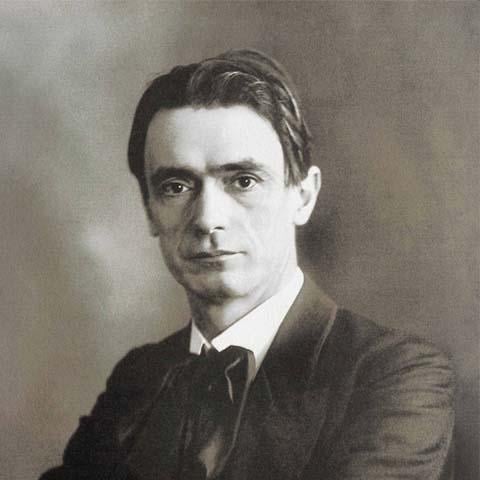Preface
When I became acquainted with the works of Friedrich Nietzsche six years ago, ideas had already formed within me which were similar to his. Independently, and from completely different directions, I came to concepts which were in harmony with those Nietzsche expressed in his writings: Zarathustra, Jenseits von Gut and Böse, Beyond Good and Evil, Genealogie der Moral, Genealogy of Morals, and Götzendämmerung, Twilight of Idols. In my little book which appeared in 1886, Erkenntnistheorie der Goetheschen Weltanschauung, The Theory of Knowledge in Goethe's World Conception, this same way of implicit thinking is expressed as one finds in the works of Nietzsche mentioned above.
This is why I feel myself impelled to draw a picture of Nietzsche's life of reflection and feeling. I believe that such a picture will be most like Nietzsche when it is created according to his last writings. This I have done. The earlier writings of Nietzsche show him as a searcher. He presents himself to us as a restless striver toward the heights. In his last writings we see him when he has reached the summit, and at a height commensurate with his very own spiritual quality. In most of the writings which have appeared about Nietzsche up to now, this development is represented as if in the various periods of his writing he had more or less contradictory opinions. I have tried to show that there is no question of a change of opinion in Nietzsche, but rather of a movement upward, of a development of a personality in a manner fitting to it, which had not yet found a form of expression in accord with his innate points of view in those first works.
The final goal of Nietzsche's creativity is the description of the “superman.” I considered my chief task in this writing to be the characterization of this type. My characterization of the superman is exactly the opposite of the caricature developed in the currently popular book about Nietzsche by Frau Lou Andreas Salomé. One cannot put into the world anything more contrary to Nietzsche's spirit than the mystical monster she has made out of the superman. My book shows that in Nietzsche's ideas nowhere is the least trace of mysticism to be found. I did not allow myself to be drawn into the refutation of Frau Salomé's opinion that Nietzsche's thoughts in Menschliches, All-zumenschliches, Human, All Too Human, were influenced by the works of Paul Rée, the editor of Psychological Observations, and The Origin of Moral Feelings, etc. Such an average brain as that of Paul Rée could make no important impression on Nietzsche. Even now I would not touch upon these things at all if the book of Frau Salomé had not contributed so much toward the spreading of downright disagreeable judgments about Nietzsche. Fritz Koegel, the excellent publisher of Nietzsche's works, bestowed upon this bungled piece of work its deserved treatment in the Magazine for Literature.
I cannot conclude this short preface without giving hearty thanks to Nietzsche's sister, Frau Foerster-Nietzsche, for the many friendly deeds I experienced from her during the period in which this book developed. I owe to her the hours spent in the Nietzsche Archives, and the mood out of which the following thoughts were written.
RUDOLF STEINER





